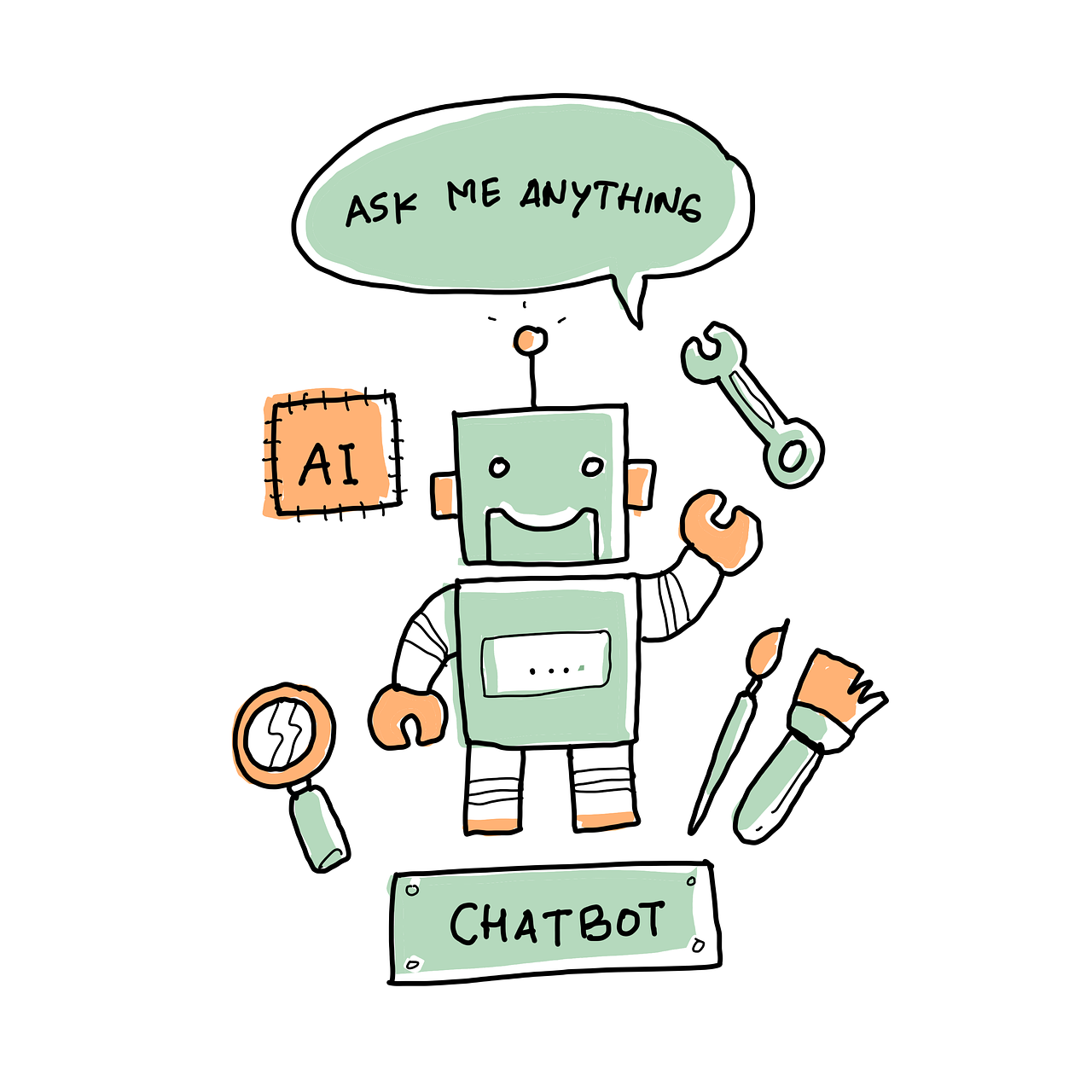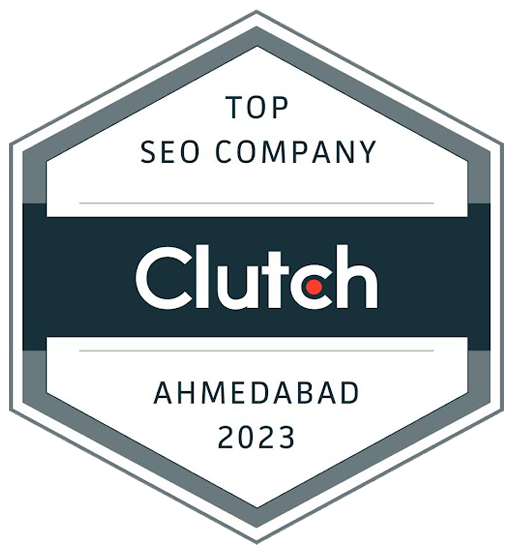
The Dangers of Inaccuracy
Inaccurate AI-generated content can have severe consequences for website owners, particularly in the realm of search engine optimization (SEO). Here are some of the key pitfalls to be aware of:
- Keyword Optimization: AI algorithms may struggle to grasp the nuances of keyword intent, leading to poorly optimized content that fails to rank for relevant search queries.
- User Experience: Low-quality or irrelevant content generated by AI can result in a negative user experience. Visitors may quickly bounce from your site if they encounter inaccurate or misleading information, leading to decreased engagement metrics and potentially lower search engine rankings.
- Reputation Damage: Inaccurate content can tarnish your brand’s reputation and credibility. Visitors who encounter inaccurate information may lose trust in your website, resulting in fewer backlinks, social shares, and referrals.
- Penalties: Search engines like Google penalize websites with low-quality or duplicate content. If your site is flagged for inaccuracies or inconsistencies, it could face penalties that harm its visibility and ranking in search results.
Mitigating the Risks
While AI-generated content offers undeniable benefits, website owners must take proactive steps to mitigate the risks of inaccuracy. Here are some strategies to consider:
- Quality Control: Implement robust quality control measures to ensure the accuracy and relevance of AI-generated content. Invest in human oversight and editing to catch errors and inconsistencies before they reach your audience.
- Regular Audits: Conduct regular audits of your website’s content to identify inaccuracies and areas for improvement. Address any discrepancies promptly to maintain the integrity of your site’s content.
- Content Guidelines: Develop clear guidelines and standards for AI-generated content creation. Provide training and guidance to your AI algorithms to ensure they align with your brand voice, messaging, and SEO goals.
- Human Touch: While AI technology can automate many aspects of content creation, don’t overlook the value of human creativity and expertise. Incorporate human input and feedback into your content strategy to supplement AI-generated content with authentic, high-quality material.
How do I Prevent Google from Detecting AI-Generated Content on My Website?
Google’s algorithm for detecting AI-generated content on web pages has become increasingly sophisticated in recent years. With the rise of AI technologies in content creation, website owners need to understand how Google’s algorithms work to ensure their content remains compliant with search engine guidelines. Here are some ways you can ensure your website content is not AI-generated:
- Manual Review: Carefully review the content generated by AI to ensure it reads naturally and doesn’t contain any errors or inconsistencies.
- Customization: Customize the AI-generated content to make it unique and tailored to your audience. Add your own insights, opinions, and personal touches to make the content more engaging and valuable.
- Human Input: Incorporate human input into the content creation process. Use AI as a tool to assist human writers rather than relying solely on automated content generation.
- Quality Content: Focus on creating high-quality content that provides value to your audience. Google’s algorithms prioritize content that is informative, relevant, and well-written, regardless of whether it’s AI-generated or human-written.
- Avoid Plagiarism: Ensure that the AI-generated content is original and doesn’t plagiarize from other sources. Use plagiarism detection tools to check for any duplicate content and make necessary revisions.
By following these guidelines, you can create AI-generated content that is less likely to be detected by Google and maintain the integrity and authenticity of your website.






